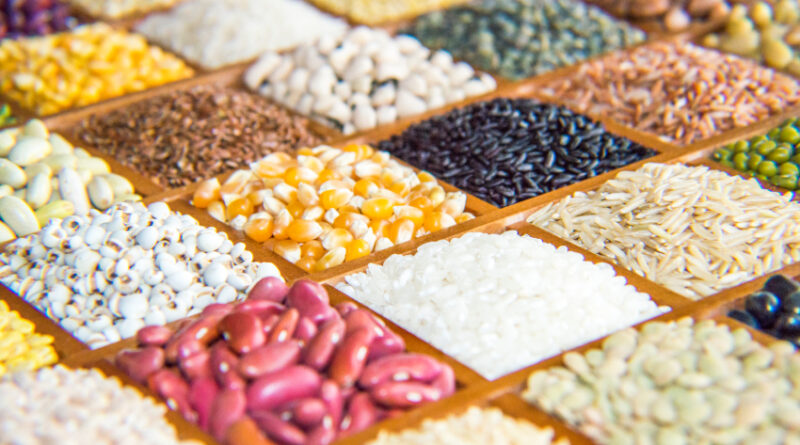After rice, govt may consider steps to arrest price rise in pulses, wheat: Source
After the export ban on rice, the government may consider measures to arrest the rise in the prices of pulses and wheat, a government official aware of the matter said.
“Prices have firmed up, so it is important to look at policy measures. Options on the table include tweaking import and customs duties, export-related steps for certain varieties of these commodities, as well as other moves to smoothen out the demand-supply scenario,’’ said the official.
Certain measures are already in place to keep a lid on prices. The government has not yet lifted the ban on wheat exports in place since May last year, and for pulses the customs duty of 10 percent on tur and urad continues to remain nil, till the end of FY2023-24.
On July 20, to check the rise in domestic prices, the government banned the export of non-basmati white rice, according to a notification of the directorate general of foreign trade (DGFT). Rice has seen a 12.97 percent upswing on-year.
However, a final call on whether there is a need to intervene as well as the kind of policy moves required to tackle the rise in the prices of wheat and pulses, would hinge on the deliberations of an inter-ministerial committee, the official said.
Even after government intervention, including removing the procurement ceiling of 40 percent for certain pulses under the Price Support Scheme (PSS) operations for 2023-24, prices of staple lentils such as tur, urad, and moong have been on the rise. Tur has risen by a steep 32 percent, department of consumer affairs data shows.
On the other hand, wheat prices have risen 5.79 percent on-year, at Rs 29.41 a kg on July 16, up from Rs 27.80 a year ago, as per the department of consumer affairs data. With retail prices of wheat on the upswing, the government may look at lowering the import duty on wheat, if required, Food Corporation of India (FCI) Chairman Ashok Meena reportedly said last month. Currently, there is a 40 percent import duty on wheat.
Experts and industry analysts put the wheat production at about 10 percent lower than the government’s estimates for 22-23, which had put the production at 112.7 million tonnes, five million tonnes higher than in the previous year. They have said that the price rise may very well be because of a likely fall in wheat production and not hoarding, which is what the government had said before ordering a stock holding limit on wheat on June 12.
India has been witnessing a sustained rise in the cost of its food basket in the past few months, with the prices of wheat, rice, milk, vegetables and pulses firming up. Overall, food inflation surged to 4.49 percent in June from 2.96 percent in May, pushing up the headline retail inflation for last month to 4.81 percent, from 4.31 percent in May.
Inflation in the prices of cereals and pulses will be with us for the next couple of months, says D K Joshi, Chief Economist, Crisil. “While the price inflation of vegetables may be seasonal, we may have to bear with inflation in cereals and pulses for the next couple of months,” he said, speaking at a Moneycontrol panel on food inflation on July 18.
This article has been republished from Money control

